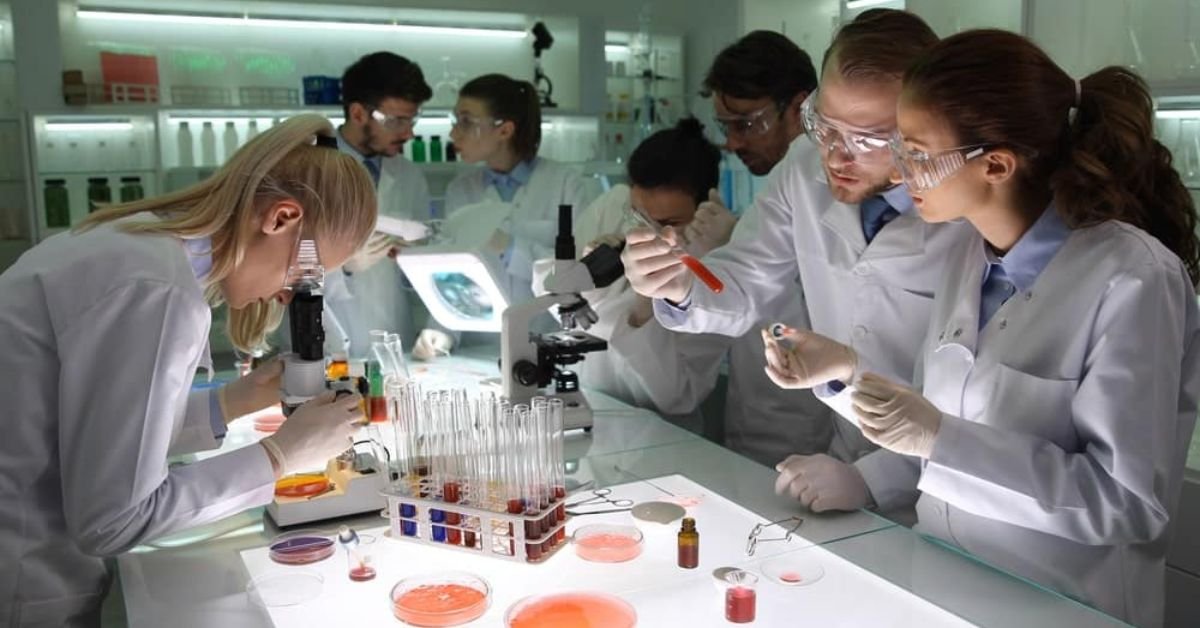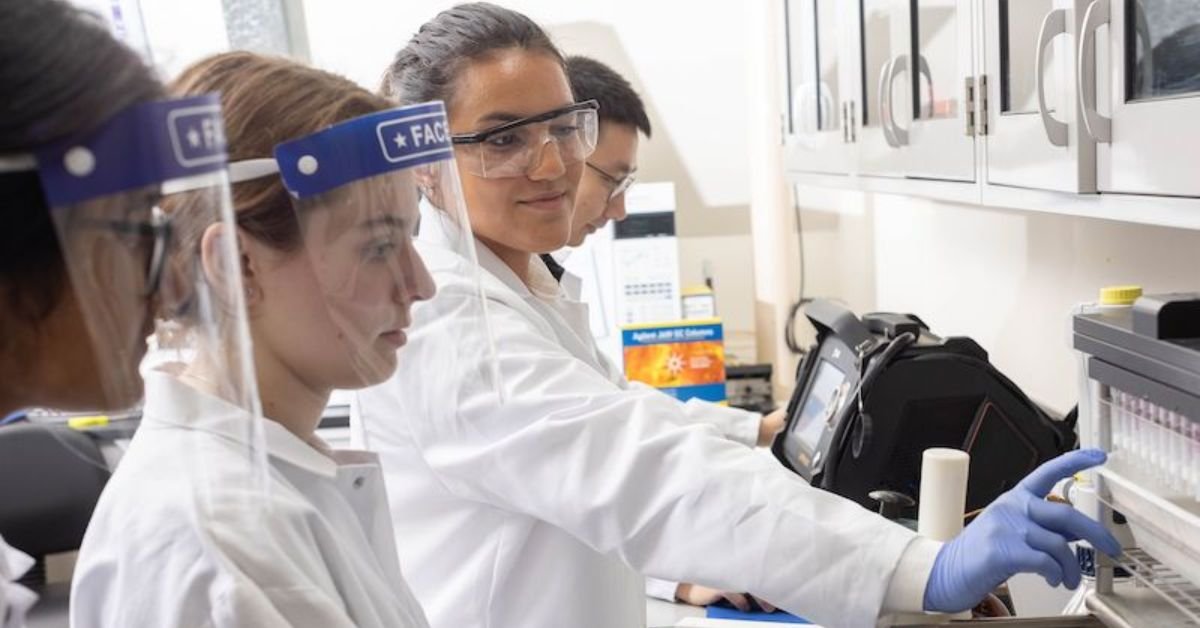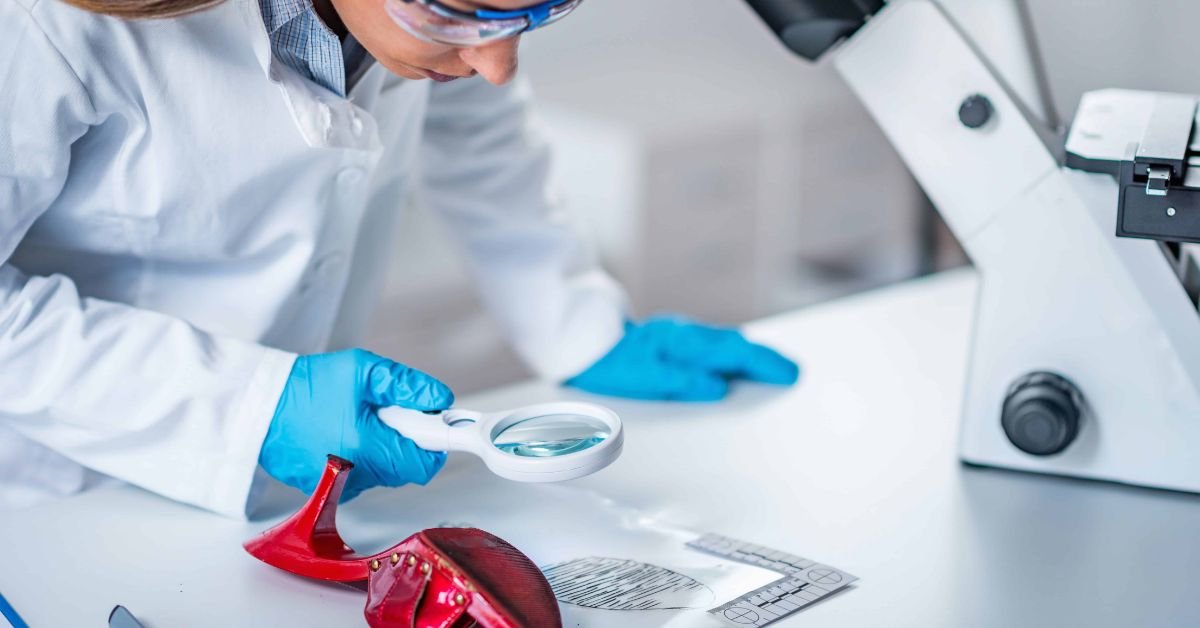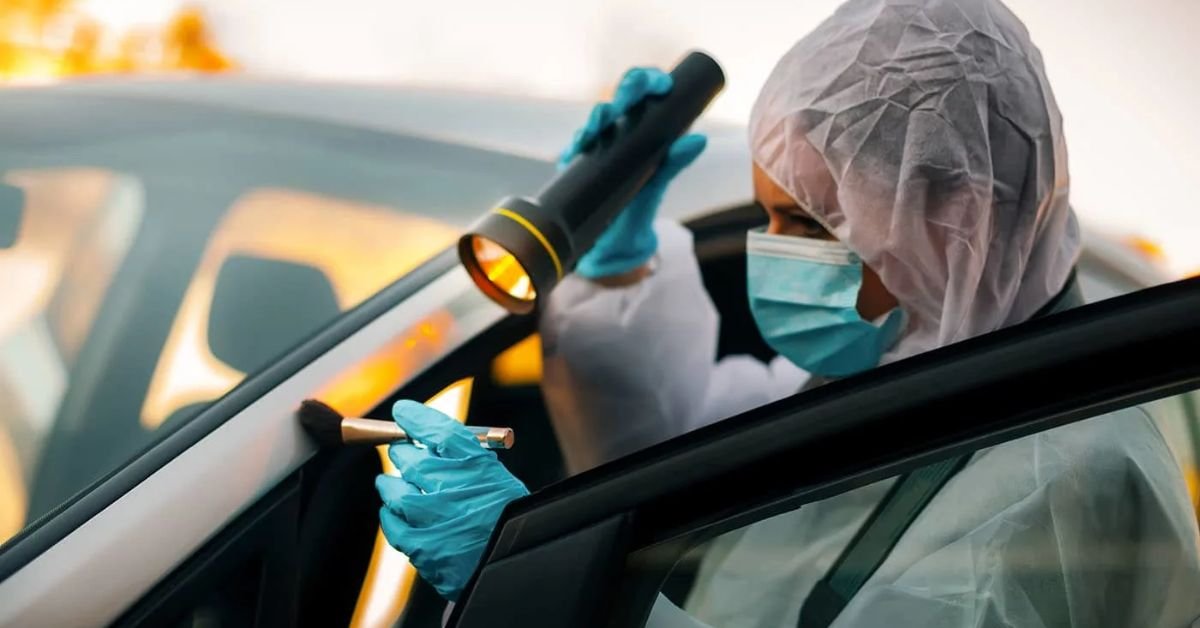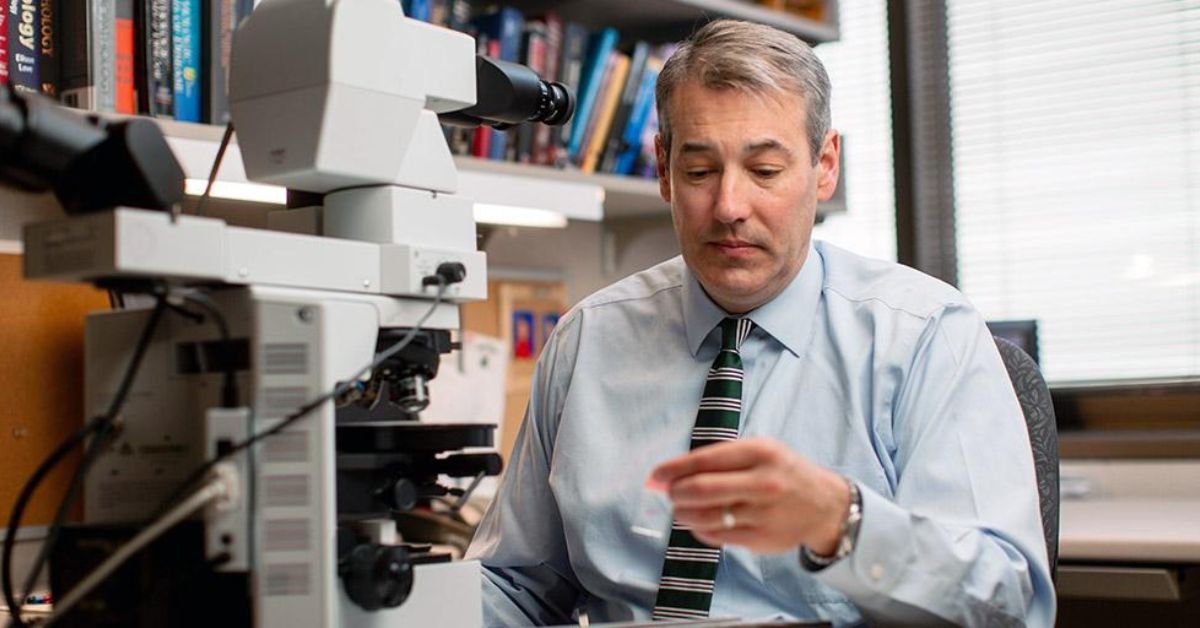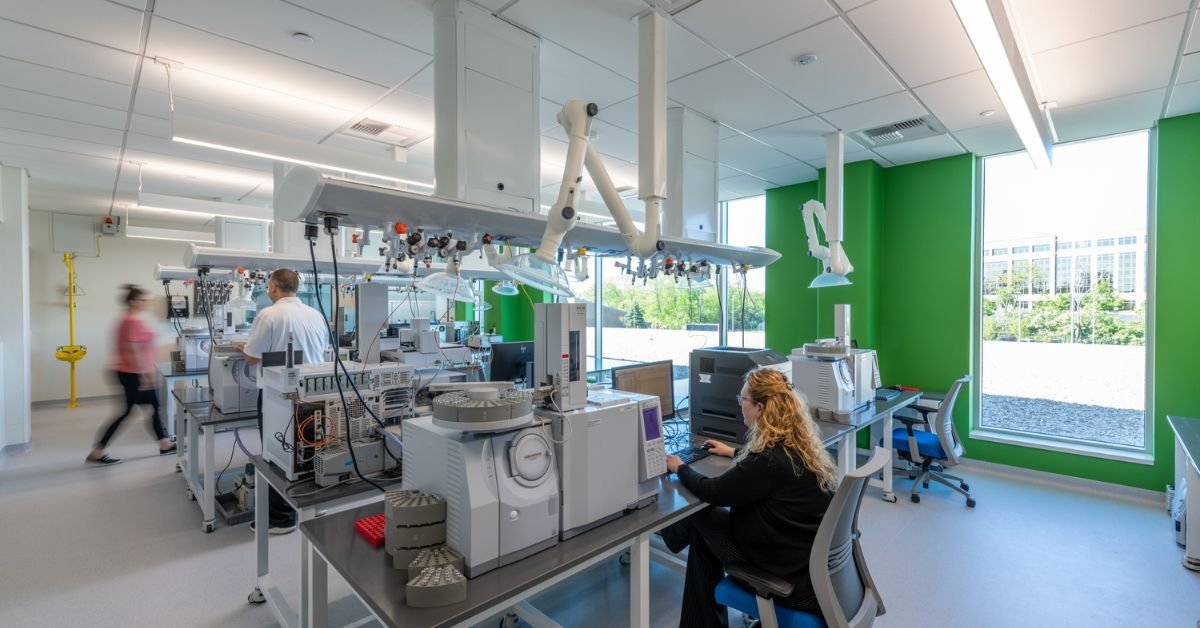Forensic scientists play a critical role in the criminal justice system by analyzing physical evidence from crime scenes and helping law enforcement agencies solve crimes. In Florida, forensic scientists work in various settings, including state and local crime laboratories, medical examiner offices, and private forensic labs. They specialize in different fields such as toxicology, DNA analysis, forensic biology, ballistics, and digital forensics.
This article provides an in-depth overview of the forensic scientist job in Florida, outlining the primary responsibilities, qualifications, career outlook, and salary expectations.
Role of a Forensic Scientist in Florida
Forensic scientists in Florida are responsible for applying scientific principles and techniques to analyze evidence gathered from crime scenes. Their work helps to identify suspects, link evidence to victims, and provide critical information for criminal investigations and court cases. The role of a forensic scientist varies depending on the field of expertise, but the general responsibilities remain consistent.
Key Responsibilities
- Evidence Collection and Preservation
- Forensic scientists often work alongside law enforcement officers to ensure that evidence is properly collected from crime scenes. They must adhere to strict protocols to prevent contamination and preserve the integrity of the evidence.
- Depending on their specialization, forensic scientists may collect biological samples (such as blood, saliva, or hair), firearms, digital devices, or trace evidence like fibers or gunpowder residue.
- Analysis of Evidence
- Once the evidence is collected, forensic scientists analyze it in the laboratory. Common tasks include:
- DNA Analysis: Identifying and analyzing DNA samples from crime scenes or suspects.
- Toxicology: Testing biological samples (such as blood or urine) for the presence of drugs, alcohol, or poisons.
- Ballistics and Firearms Examination: Analyzing firearms, ammunition, and spent bullets to determine if a weapon was used in the crime.
- Fingerprint Analysis: Comparing prints found at crime scenes to identify suspects.
- Digital Forensics: Recovering data from electronic devices like smartphones, computers, and hard drives.
- Once the evidence is collected, forensic scientists analyze it in the laboratory. Common tasks include:
- Documentation and Reporting
- Forensic scientists must accurately document their analysis, including all procedures, findings, and conclusions. Detailed reports are prepared for use by law enforcement, attorneys, and the court system.
- These reports are crucial for investigations and are used as evidence in criminal trials.
- Testifying in Court
- Forensic scientists often serve as expert witnesses in court, explaining their findings and providing their professional opinion on the significance of the evidence. Their testimony can have a significant impact on the outcome of criminal cases.
- Maintaining Chain of Custody
- Ensuring the chain of custody is properly maintained is crucial. Forensic scientists are responsible for ensuring that evidence is properly tracked, stored, and handled to prevent tampering and ensure its admissibility in court.
Qualifications and Education Requirements
To become a forensic scientist in Florida, individuals must meet specific education and training requirements. While the exact qualifications depend on the area of specialization, all forensic scientists must have a solid foundation in science and analytical techniques.
Education
- Bachelor’s Degree: A forensic scientist typically starts with a bachelor’s degree in forensic science, biology, chemistry, criminal justice, or a related field. This degree provides the fundamental scientific knowledge and laboratory skills necessary for the role.
- Master’s Degree (optional but recommended): Some positions in forensic science may require or prefer candidates with a master’s degree in forensic science or a specialized field like toxicology, forensic biology, or digital forensics. A master’s degree can enhance job prospects and open doors to more advanced positions.
- Certifications: Although not always required, forensic scientists often pursue certifications to demonstrate their expertise in specific areas of forensic science. For example, certifications can be obtained through:
- American Board of Criminalistics (ABC)
- American Academy of Forensic Sciences (AAFS)
- International Association for Identification (IAI)
Experience and Training
- Internships and Entry-Level Positions: Many aspiring forensic scientists gain experience through internships or entry-level positions in forensic labs. These positions provide practical experience in evidence handling, laboratory analysis, and understanding the forensic science process.
- Specialized Training: Forensic scientists often undergo specialized training in specific areas, such as DNA analysis, toxicology, or ballistics, depending on their area of focus.
- Continuing Education: Forensic science is a rapidly evolving field, and professionals are encouraged to engage in continuing education to stay up-to-date with the latest advancements in technology, laboratory techniques, and legal standards.
Work Environment and Employers
Forensic scientists in Florida may work in a variety of settings, including:
- State and Local Crime Laboratories: Many forensic scientists are employed by state agencies like the Florida Department of Law Enforcement (FDLE), which operates regional crime labs that provide forensic services to local law enforcement agencies.
- Medical Examiner’s Offices: Some forensic scientists work in medical examiner’s offices, assisting with post-mortem investigations and analyzing evidence related to death investigations, such as toxicology or DNA testing.
- Private Forensic Labs: Private forensic labs may work for law enforcement, private investigators, attorneys, or insurance companies to provide forensic analysis services.
- Government Agencies: In addition to crime labs and medical examiner offices, forensic scientists may work for other government agencies involved in criminal justice, including the FBI or U.S. Drug Enforcement Administration (DEA).
- Consulting: Some forensic scientists work as independent consultants, providing expert analysis and testimony in criminal cases on a contract basis.
Salary Expectations for Forensic Scientists in Florida
The salary of a forensic scientist in Florida can vary depending on experience, education, and the area of specialization. According to data from the U.S. Bureau of Labor Statistics (BLS) and local sources, the average salary range for forensic scientists in Florida is as follows:
- Entry-Level Forensic Scientists: $45,000 – $55,000 per year.
- Mid-Career Forensic Scientists: $55,000 – $75,000 per year.
- Experienced Forensic Scientists or Supervisors: $75,000 – $100,000+ per year, depending on specialization and experience.
In specialized areas such as forensic toxicology or DNA analysis, salaries may be higher, reflecting the expertise required for these roles.
Job Outlook for Forensic Scientists in Florida
The demand for forensic scientists in Florida is expected to grow in line with national trends. The U.S. Bureau of Labor Statistics (BLS) projects that employment in forensic science-related fields will grow by 14% from 2021 to 2031, which is much faster than the average growth rate for other occupations. This growth is driven by advancements in forensic technology, an increasing need for forensic evidence in criminal investigations, and the continued emphasis on criminal justice reform.
Conclusion
Forensic scientists in Florida play a vital role in the criminal justice system by analyzing evidence and providing critical insights that help law enforcement solve crimes. With a growing demand for forensic expertise, strong job prospects, and competitive salaries, forensic science offers a rewarding and impactful career. By meeting the educational and certification requirements and staying up-to-date with advancements in technology, aspiring forensic scientists can build a successful career in this essential field.
References
- U.S. Bureau of Labor Statistics (BLS) – Forensic Science Technicians: https://www.bls.gov/ooh/life-physical-and-social-science/forensic-science-technicians.htm
- Florida Department of Law Enforcement (FDLE) – Crime Laboratory Services: https://www.fdle.state.fl.us
- American Academy of Forensic Sciences (AAFS): https://www.aafs.org
